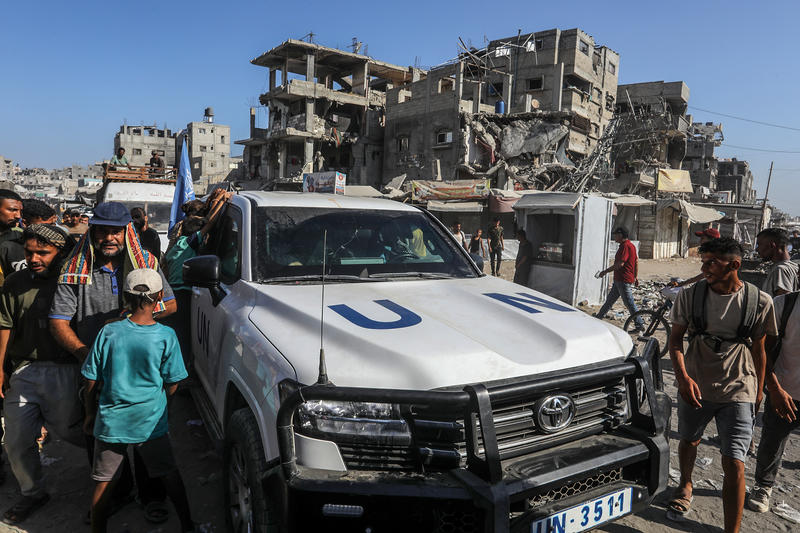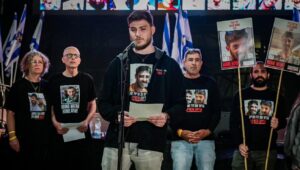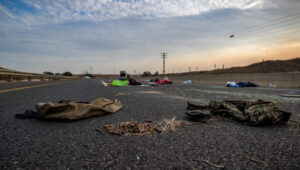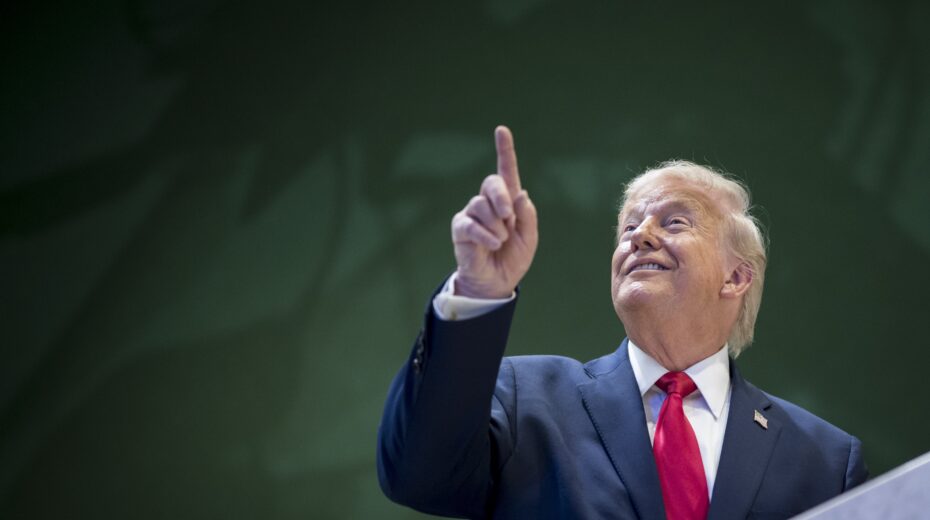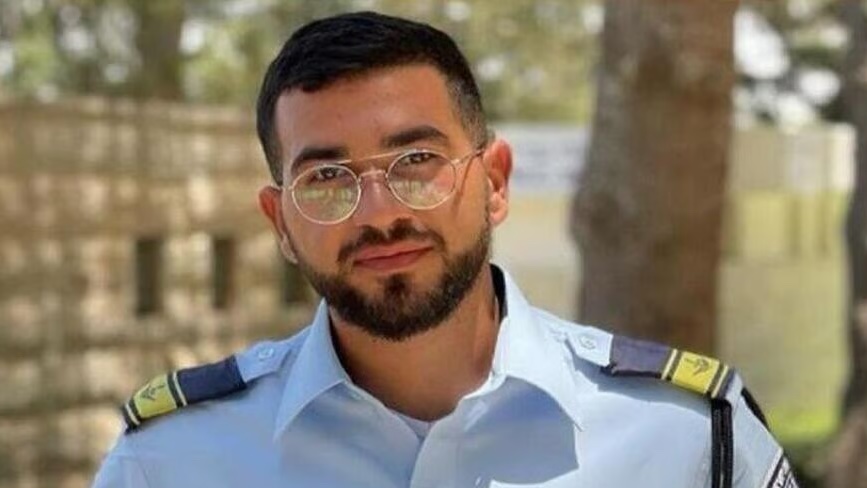Rami Aman, a Gaza peace activist once jailed by Hamas for organizing dialogue with Israelis, says the group has embedded itself across key Gaza institutions, from UNRWA payrolls to newsrooms—while diverting humanitarian aid for profit. The charges appear in a new video interview released by the Geneva-based watchdog UN Watch.
Aman, who led small civil protests inside Gaza before his 2020 arrest, says Hamas “controlled the media” and blocked any local demonstrations calling for peace, while encouraging coverage of protests inside Israel to shift pressure outward. He singles out Al Jazeera, claiming its cameras ignored anti-Hamas protests in Gaza.
“If you’re not Hamas, you won’t work there”
Aman describes UNRWA as a prime patronage target since Hamas’s 2007 takeover, alleging that the group influenced hiring through employee committees and interviews: “If you are not Hamas, you will not work there.” UN Watch’s summary of the interview highlights his claim that Gaza’s UNRWA ecosystem offers coveted salaries and status—and thus leverage. UNRWA has faced recurring scrutiny over neutrality and alleged infiltration; a separate UN Watch report earlier this year accused the agency of tolerating staff affiliations with Hamas and PIJ, claims UNRWA disputes.
Aid marked “Not for Sale,” sold in shops
The dissident further notes that aid labeled “Not for Sale” routinely appears in Gaza markets and malls, with foreign staff aware but silent. “Hamas made a lot of money in the war,” he says. Aid diversion and looting have been documented during the conflict by multiple outlets, though responsibility is contested; UNRWA last winter halted deliveries through Gaza’s main crossing citing armed looting and a breakdown of order. Aman places the blame squarely on Hamas and complicit officials.
“Decisions came from Iran and Qatar”
Aman portrays Hamas as proxy-driven and war-dependent: “Hamas decisions came from Iran, came from Qatar… Hamas loves the wars.” In parallel coverage, Israel Hayom quotes Aman describing Hamas’s culture as one that “teaches Palestinians to die,” casting its rule as antithetical to normal civic life.
Amnesty outs Aman
Aman ties his April 2020 arrest to a Facebook post by Hind Khoudary—then described by Amnesty International as a research consultant—who publicly tagged Hamas officials and urged action after he hosted a Zoom call with Israelis on COVID-19 cooperation. UN Watch documented Khoudary’s post and questioned Amnesty’s role; within days, Facebook removed the post, and Amnesty distanced itself from her status. (Amnesty later called Aman a “prisoner of conscience” and urged his release.) Today, Khoudary works as a “journalist.”
A release won by outside pressure
Aman credits sustained advocacy led by UN Watch—joined by dozens of NGOs and states—for helping secure his freedom months later. In the interview, he recalls hearing about intervention by UN Watch’s Hillel Neuer during brief prison phone calls with his mother: “They mentioned your name… 90 countries… calling for your freedom.”
Narrative war
Aman’s revelations arrive amid a broader fight over information and institutions in Gaza. Amnesty and other rights groups have issued harsh assessments of Israel’s conduct during the war and of Palestinian armed groups’ violations; the dueling accounts underscore how facts on the ground are contested and politicized. Aman’s testimony—part dissident memoir, part indictment—adds insider information about coercion over unions, NGOs, and newsrooms that are difficult to independently verify but align with long-running concerns about Hamas influence in civilian spheres.
Why it matters: Aman’s account sketches a system in which Hamas leverages UN-linked employment, media narratives, and the aid economy to entrench control—while suppressing Gazan voices calling for de-escalation. For policymakers evaluating UNRWA funding, media reliance, and ceasefire dynamics, the interview further bolsters the Israeli position that Gaza is in need of a hard reset.
Want more news from Israel?
Click Here to sign up for our FREE daily email updates


